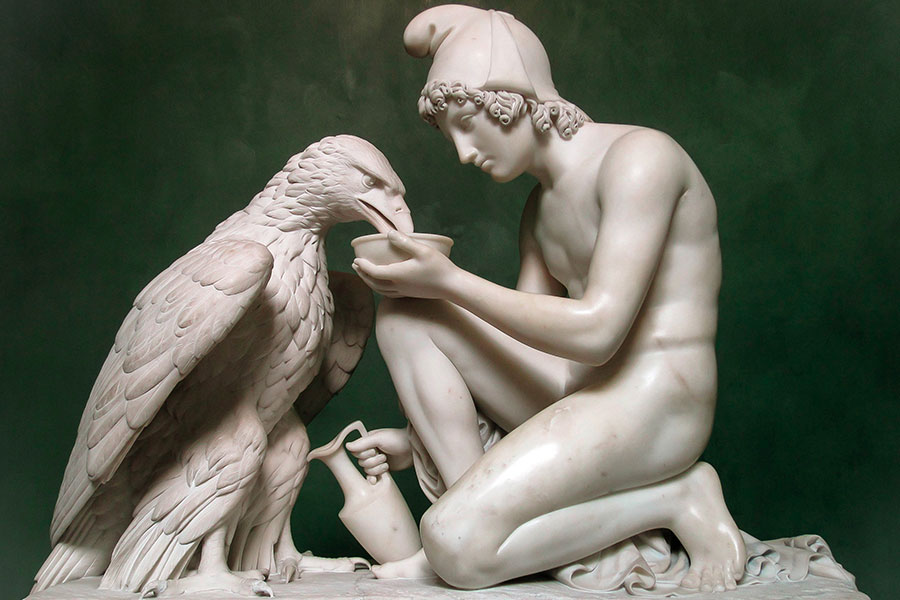The Rhetoric of the Ego
By analyzing the three-brained biped called a human being, we arrive at the logical conclusion that he does not yet have a Permanent Center of Consciousness, a Permanent Center of Gravity.
We cannot affirm that human bipeds are individualized; we are sure that they are only instinctualized. In other words, they are only impelled by “I’s” that manipulate the Instinctive Center at their pleasure.
The beloved ego does not have any individuality. The ego is merely a sum of conflicted factors, a sum of small loose cathexis of egotistical psychic energies.
The Permanent Center of Consciousness
Three-brained bipeds do not have any individuality; they do not have a Permanent Center of Consciousness (PCC). Each of their thoughts, feelings and actions depends upon the calamity of the “I” that controls the capital centers of the human machine at a specific moment.
We, the ones who through many years of pain and sacrifice have struggled and fought for the Gnostic Movement, have practically observed unpleasant things. Many neophytes, with tears in their eyes, swore to work for Gnosis until the end of their days. They promised eternal fidelity to the Great Cause and delivered tremendous speeches. But what happened? What became of their tears of blood? What became of their great oaths? Everything was useless... It was only a fleeting “I” that had sworn fidelity. But, all of a sudden another “I” replaced that “I” and the individual wound up withdrawing from Gnosis, betraying the Great Cause, or enrolling themselves in other petty schools—in the end, betraying the Gnostic Institutions.
Super-individuality
We need to de-egotize ourselves in order to individualize ourselves, and then super-individualize ourselves. We need to dissolve the “I” in order to have the PCC (which we had studied about in the previous chapter).
The pluralized “I” foolishly wastes the psychic material in atomic explosions of anger, covetousness, lust, envy, pride, laziness, gluttony, etc.
Once the “I” is dead, the psychic material accumulates within us and thus, becomes the PCC.
1. Integral Well-being
We need integral well-being. We all suffer, we have bitterness in our life, and we want to change.
In any case, I think that integral well-being is the result of self-respect. This would seem quite strange to an economist, or to a theosophist, etc. What could self-respect have to do with economic matters, with problems related with labor or with the labor force, with capital, etc.?
2. Self-reflection
Let us not forget that the exterior is merely the reflection of the interior; this has already been stated by Immanuel Kant, the philosopher of Konigsberg. If we carefully study the Critique of Pure Reasoning, we certainly discover that the “exterior is the interior” (textual words of one of the great thinkers of all times).
The exterior image of a human being and the circumstances that surround him are the outcome of his self-image; these words “self” and “image” are profoundly significant.
Page 3 of 17
 English
English




